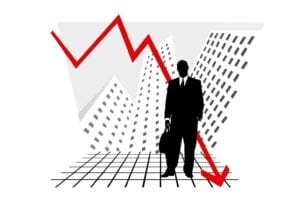 The mergers and acquisitions party is over, so to speak. The shockwaves that have rippled through global markets following the United Kingdom’s Brexit decision are likely to contaminate corporate activity which, in 2015, had amounted to more than $3.8 trillion globally.
The mergers and acquisitions party is over, so to speak. The shockwaves that have rippled through global markets following the United Kingdom’s Brexit decision are likely to contaminate corporate activity which, in 2015, had amounted to more than $3.8 trillion globally.
Sentiment toward acquisitions dropped by 28% between 2014 and 2015 among local SA executives, with only 39% of respondents indicating they had seriously considered at least one acquisition in the past year.
Globally, sentiment was slightly lower at 36%, but that had declined by only 17% from the previous year. Sentiment on the rest of the African continent was much more positive, despite a slight decline from 53%, with 44% of executives indicating past interest in eyeing acquisitions. The far larger decline, however, was in the prospect of being bought out. This dropped a massive 40% from 2014, with only 17% of South African executives expecting such activity compared to 29% previously. This presents a marked decline, despite local sentiment still being higher than the global average (9%) where growth has been far more sluggish than in emerging markets. Staines says this slowdown may be more reflective of the realisation that sellers are not going to command their asking price and therefore adopting a wait-and-see approach. “There is undoubtedly still interest from global firms, but the prices they’re prepared to offer have come down substantially as investments here are considered more risky,” he says. “In cases where the owners are more desperate, such as wanting to emigrate, they have little negotiating power. For those sellers who are able to wait out the cycle, they are in a slightly stronger position but even then might not get the price they’re asking.” With the IBR data predating both Nenegate and Brexit, it would not be surprising if the next instalment of the M&A IBR reflects an even dimmer picture of corporate deal-making sentiment.





